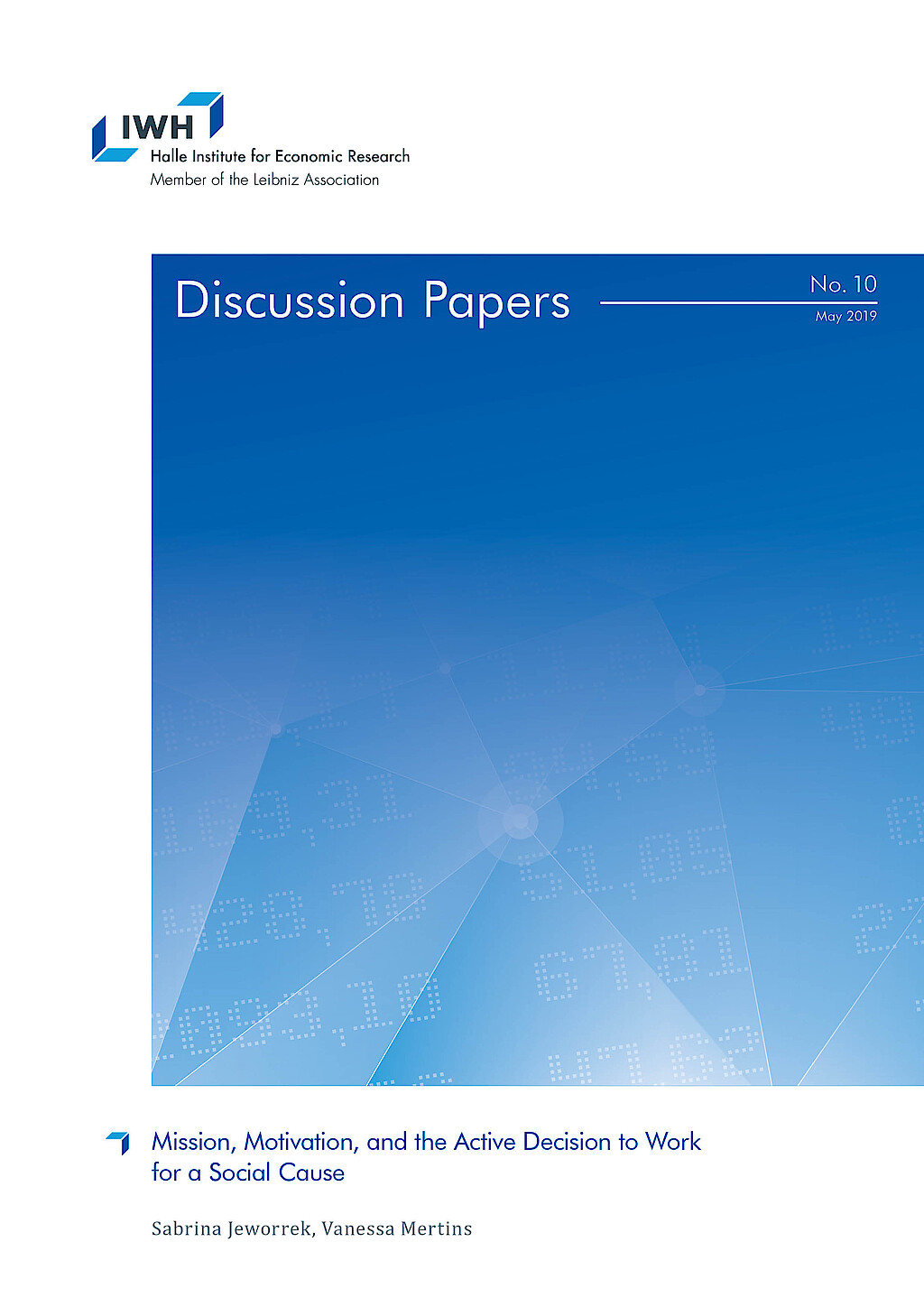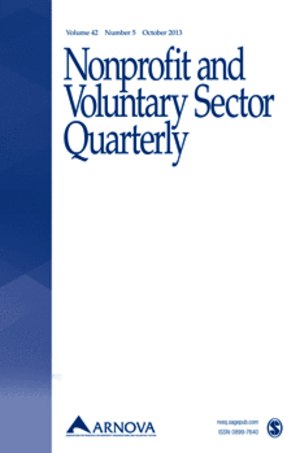
Mission, Motivation, and the Active Decision to Work for a Social Cause
The mission of a job does not only affect the type of worker attracted to an organisation, but may also provide incentives to an existing workforce. We conducted a natural field experiment with 267 short-time workers and randomly allocated them to either a prosocial or a commercial job. Our data suggest that the mission of a job itself has a performance enhancing motivational impact on particular individuals only, i.e., workers with a prosocial attitude. However, the mission is very important if it has been actively selected. Those workers who have chosen to contribute to a social cause outperform the ones randomly assigned to the same job by about 15 percent. This effect seems to be a universal phenomenon which is not driven by information about the alternative job, the choice itself or a particular subgroup.






